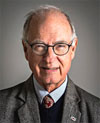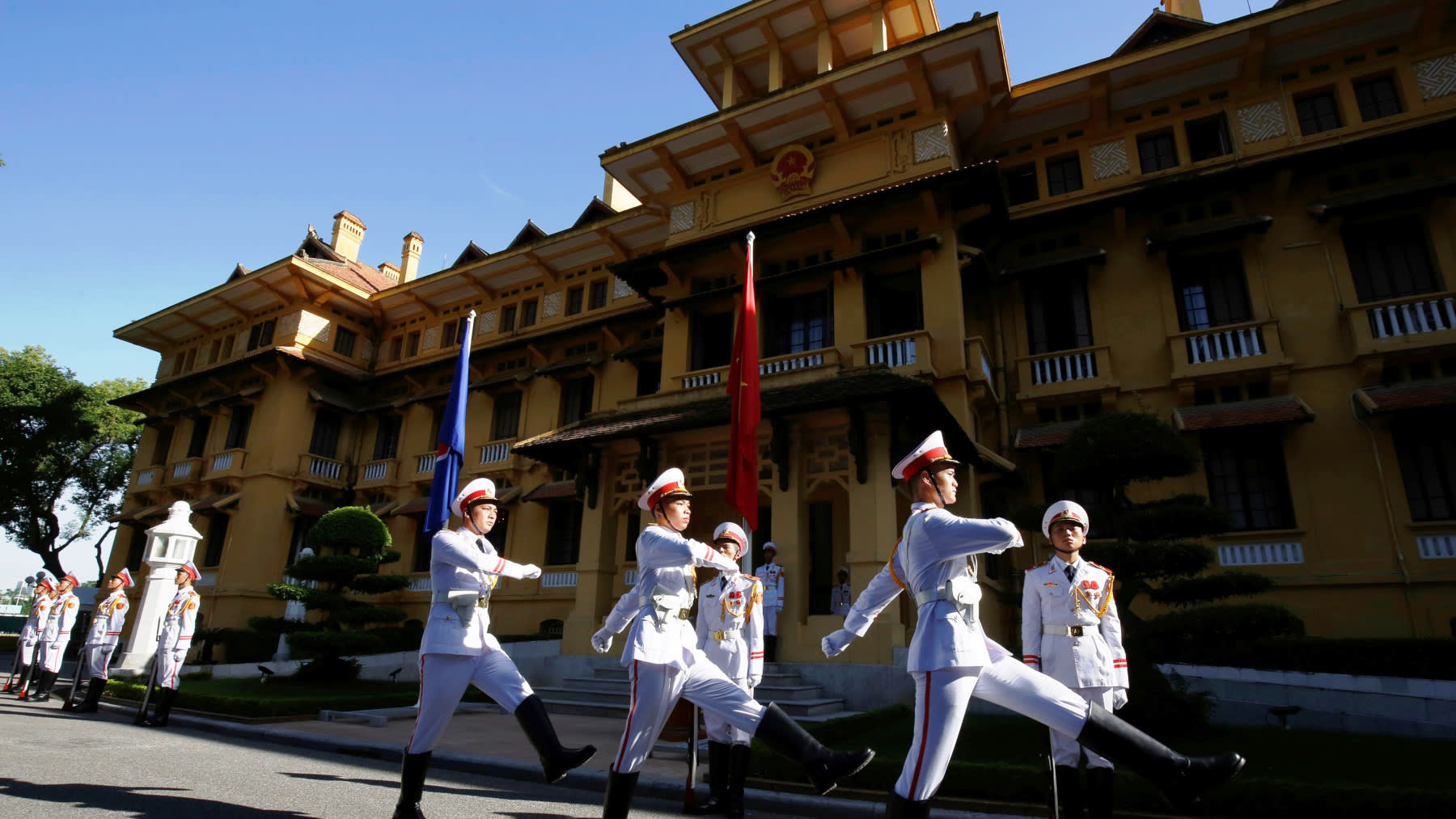Special to WorldTribune.com
 By Donald Kirk
By Donald Kirk
Everybody knows Kim Jong-Un has a lot to learn from the capitalist success of nearby Communist countries. No example is better than that of China, whose leaders have urged him to walk the capitalist road to success.
His late father, Kim Jong-Il, was photographed during trips to China traipsing around one project or another as living evidence that communism and capitalism could survive together, to everyone’s benefit, at no risk to his grip on power.

Now Kim Jong-Un has another chance to witness capitalism in action in a communist country. When he gets to Hanoi to see his good friend Donald Trump for their summit at the end of the month, his motorcade will take him past hotels and shops bearing capitalist names, glitzy reminders of the riches that await him if he just behaves and stops clinging to his nukes and missiles.
Kim’s Vietnamese hosts can also assure him that a few capitalist enterprises won’t deprive him of his communist credentials, much less the trappings of dictatorship. Look, they can tell him, we arrest troublemakers all the time, shut them up, give them a show trial and send them away for years for the crimes of criticizing us or doubting the munificence of communist rule. What better evidence that capitalism and communism definitely go together?
Kim might be open to such advice considering he’s saying he now wants to press ahead with economic development while going easy on the military stuff. That’s a great idea considering his economy is still a shambles, most of his people are ill-fed and hungry and the country suffers under sanctions imposed after all those nuclear and long-range missile tests.
It’s not likely, though, that Kim is going to take the hint even if he’s welcomed in Hanoi not only for a friendly chit-chat with Trump but also as a state guest of the powers-that-be. For one thing, Kim, if he’s able to take a serious look around, will be shocked to discover just how capitalist Vietnam has become. Sure, the state sticks its hand into everything, but factories and shops, roadside snack stands and elite night spots are capitalist enterprises, living proof of the great transformation the country made from rigid communist principles to laissez-faire socialism and capitalism.
For another, as much as journalists and activists like to criticize Vietnam for its record on human rights, draconian though some of the penalties may be, the system isn’t nearly as atrocious as that in North Korea. For a decade or two after the communist victory in 1975 we did hear terrible tales of the brutality, the hardships, inflicted on former officers and officials of the defeated Saigon regime.
Never, however, was there a gulag system in Vietnam so horrific as that in North Korea. The media, constrained though it is, is almost a free press compared with the North’s propaganda mill. A majority of Vietnamese are Buddhist. Christians can still worship at the altar of God and Christ, not some ruler, not even Ho Chi Minh, the venerated founder who died in 1969 in the middle of the war. The notion of imprisoning or executing Christians for worshiping as they wish, as happens in North Korea, is seen as absurd.
Possibly the greatest shock for Kim Jong-Un, if he has a moment to explore Vietnam’s mixed system, is that Koreans are playing a role in making it happen. Upwards of 100,000 South Koreans live, work and study in Vietnam ― about as many as in the Philippines. The figure for Vietnam is all the more striking considering that South Korean forces during the Vietnam War were reputed to have conducted massacres that researchers are still uncovering.
It’s unlikely that Kim, while in Vietnam, will meet any South Koreans. He is even less likely to learn from their experiences as free-enterprising capitalists in a communist country than to hear what Vietnamese leaders have to say about their system. He may not want to know that Vietnam has gone through a transformation that remains unimaginable in North Korea as long as the Kim dynasty prevails.
Still, it’s possible that Kim, as a guest in a country once divided between a China-backed communist “north” and a U.S.-backed capitalist “south,” may wonder how communist Vietnam emerged as a relatively capitalist success while holding off Chinese influence and inroads.
That’s all the more remarkable considering that real freedom, the freedom to vote leaders in and out of power, to criticize the regime, to disagree and protest, does not exist in Vietnam. That’s a paradox that Kim may hope to explore and emulate when he gets back home.
